Unlocking key mineral archives at the Zambian Geological Survey Department
Rachel Talbot recounts a recent visit by BGS Records staff to the Zambian Geological Survey Department, to assist in critical mineral data management.
23/02/2024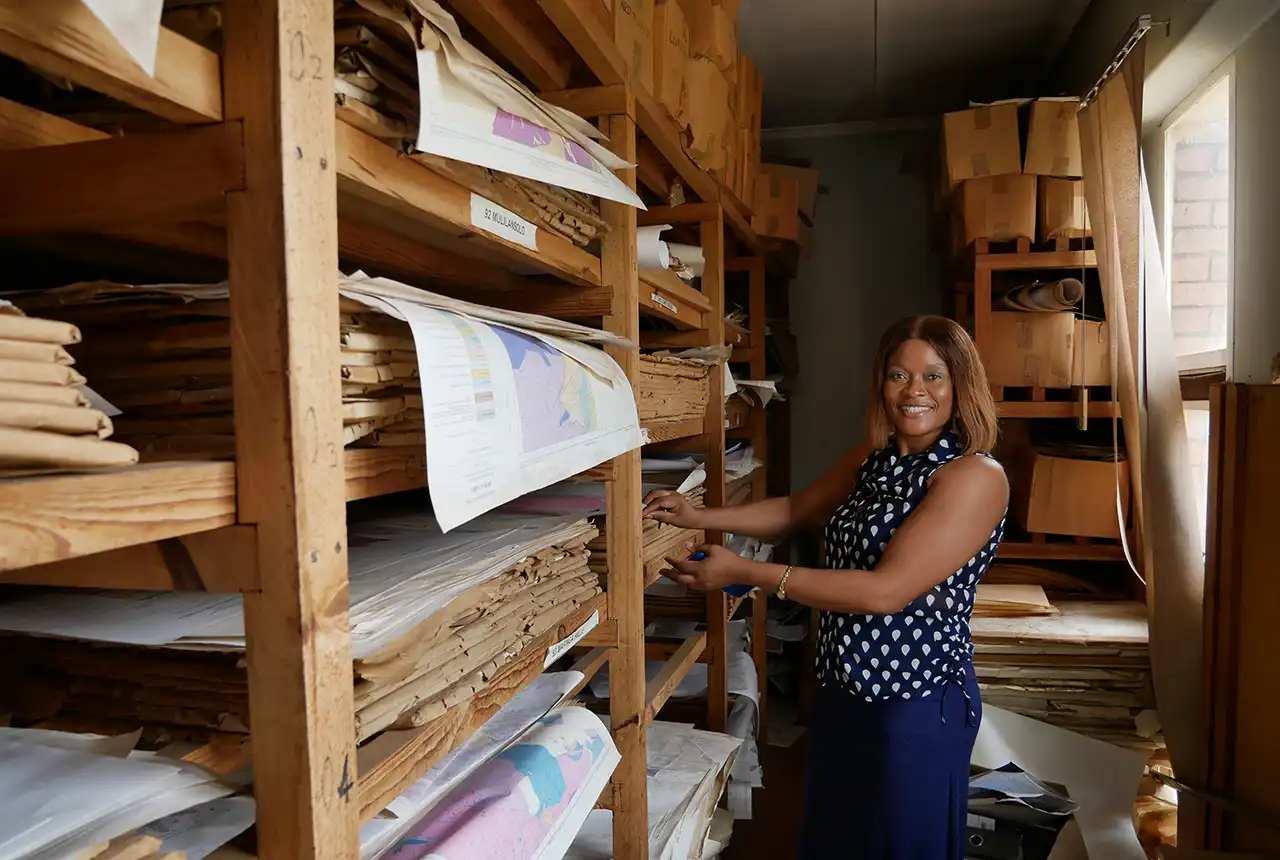
In a world of rapidly developing technology, paper archives can often be overlooked as a vital first step in information gathering. Whilst custodians, librarians and records staff take great care in the arrangement and management of such archives, there is also an ongoing campaign against the idea of archives as ‘dusty’ and ‘forgotten about’. However, despite our best efforts, all archives can use a little TLC sometimes. Throw a subtropical climate and creepy crawlies into the mix and things can get very dusty! This was something I found out during a recent trip to the Zambian Geological Survey Department (GSD) in January 2024.
Our work in the archives
I travelled to Lusaka, along with BGS’s geo-information ingestion team coordinator Wayne Newham and minerals resource and security flows team leader Joseph Mankelow. as part of a project funded by the Foreign, Commonwealth & Development Office (FCDO) that aims to assist with the promotion of the critical mineral potential of Zambia. An important component of the project is to identify existing information on the mineral resources of Zambia available from the GSD, which can be used to understand the occurrence in the country of minerals required for the clean energy transition. A foundational step in building this capacity is the appraisal and organisation of the survey’s physical data, which was the focus of our trip.
On arrival at the GSD, we met with the library and records staff and learnt more about the status of the archive. Together, we identified the most effective method for organising the paper records. Although the GSD holds a wealth of geoscientific data, including maps and aerial photographs, the focus of our visit was on mineral exploration reports dating from the 1920s to the present day. All we needed was a quick sweep, mop and to dust away some of the cobwebs and we were ready to go.
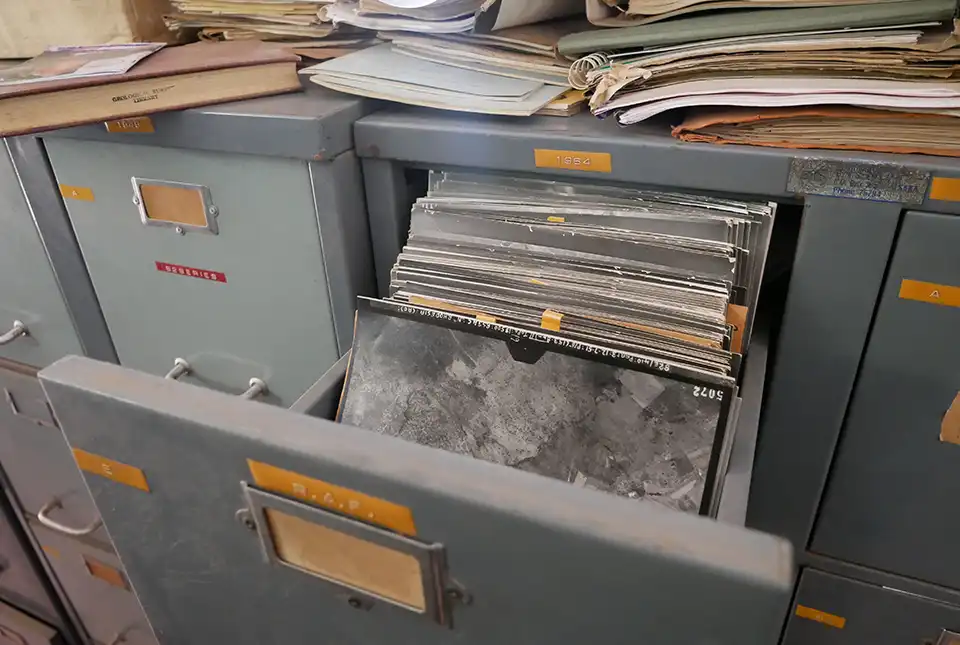
Records and aerial photos stored in the Zambian GSD archive. © Rachel Talbot.
Over the next two-and-a-half weeks, we populated a digital index, which captured vital metadata for each report and recorded its physical location in the archive. By creating this searchable index, GSD staff will have a fuller picture of the data they hold and library and record staff can now respond to enquiries from external stakeholders more promptly, enhancing their reputation as an authoritative repository of minerals information.
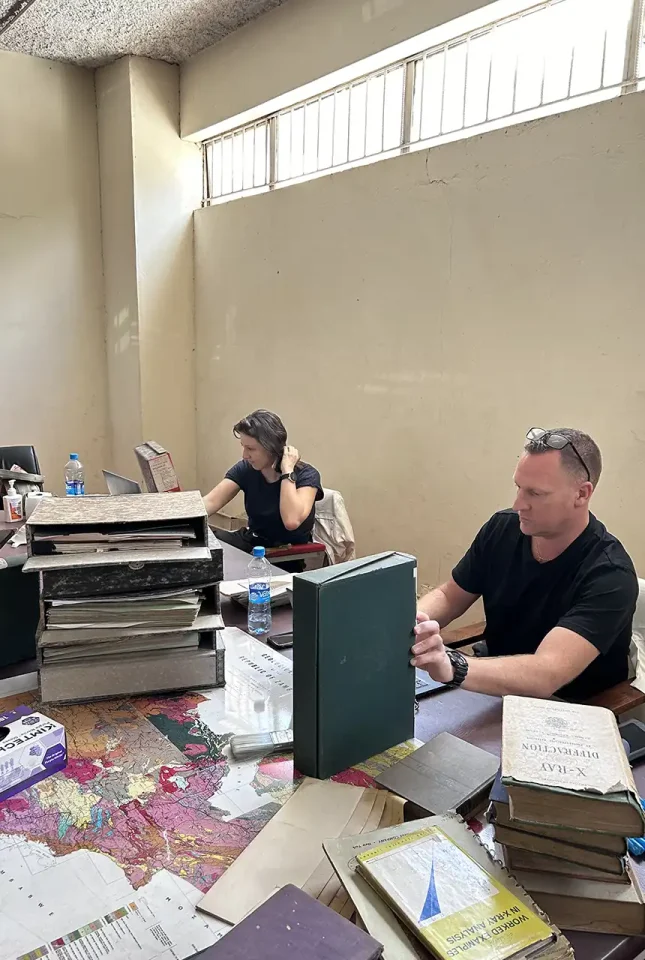
Wayne Newham and Rachel Talbot at work in the GSD Library. © Joseph Mankelow.
Downtime in Zambia
In the time not spent working at the GSD, we took the opportunity to sample the local cuisine including chikanda, a Zambian dish made from boiled root tubers; nshima, a maize flour porridge, and impwa (‘garden eggs’ in English), a vegetable similar to aubergine. We were also lucky enough to be in the country during the African Cup of Nations Football League (AFCON CUP 2024) and evenings were spent cheering on the national team with the passionate locals. Despite the fact Zambia didn’t make it past the group stages, nothing could dampen the fans’ spirits and goals were celebrated with much dancing and jubilation. I found out this positive and friendly attitude is ubiquitous throughout this welcoming south-central African country.
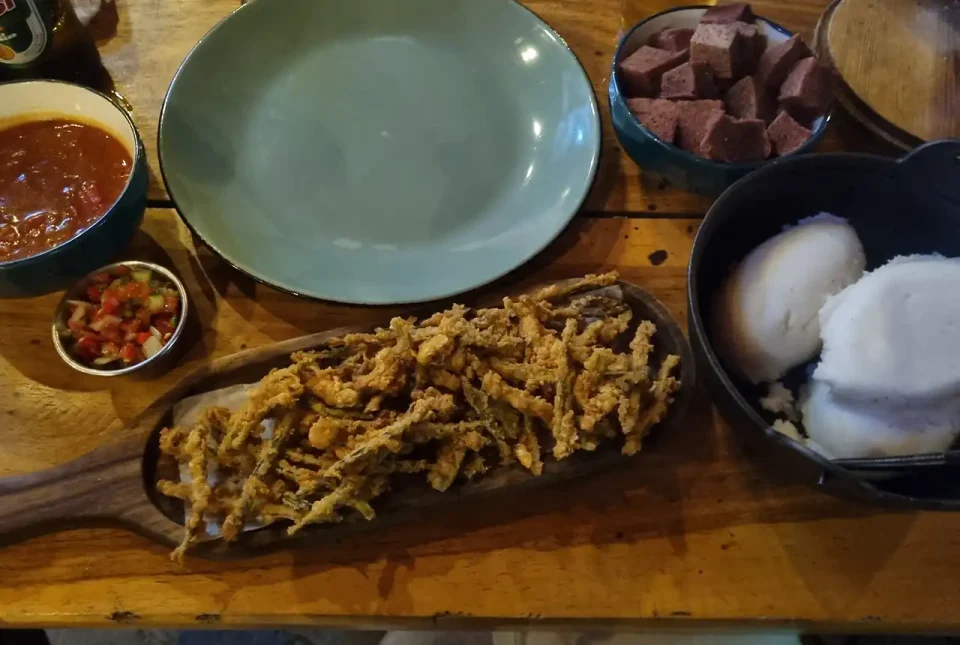
Sampling the local chikanda, nshima and fried okra. © Rachel Talbot.
What’s next
The project team will return to Lusaka in February 2024 to continue the archive work and to hold a workshop that will bring together representatives from GSD, the Ministry of Mining and Minerals Development, and the mineral exploration sector to facilitate discussion on the potential for long-term critical raw minerals supply from Zambia.
About the author

Rachel Talbot
Data steward
Relative topics
Related news

Funding awarded to map the stocks and flows of technology metals in everyday electronic devices
12/02/2026
A new BGS project has been awarded Circular Electricals funding from Material Focus to investigate the use of technology metals in everyday electrical items.

New UK/Chile partnership prioritises sustainable practices around critical raw materials
09/02/2026
BGS and Chile’s Servicio Nacional de Geología y Minería have signed a bilateral scientific partnership to support research into critical raw materials and sustainable practices.

Extensive freshened water confirmed beneath the ocean floor off the coast of New England for the first time
09/02/2026
BGS is part of the international team that has discovered the first detailed evidence of long-suspected, hidden, freshwater aquifers.

Hole-y c*@p! How bat excrement is sculpting Borneo’s hidden caves
23/12/2025
BGS researchers have delved into Borneo’s underworld to learn more about how guano deposited by bats and cave-dwelling birds is shaping the subsurface.

BGS awarded funding to support Malaysia’s climate resilience plan
17/12/2025
The project, funded by the Foreign, Commonwealth & Development Office, will focus on minimising economic and social impacts from rainfall-induced landslides.
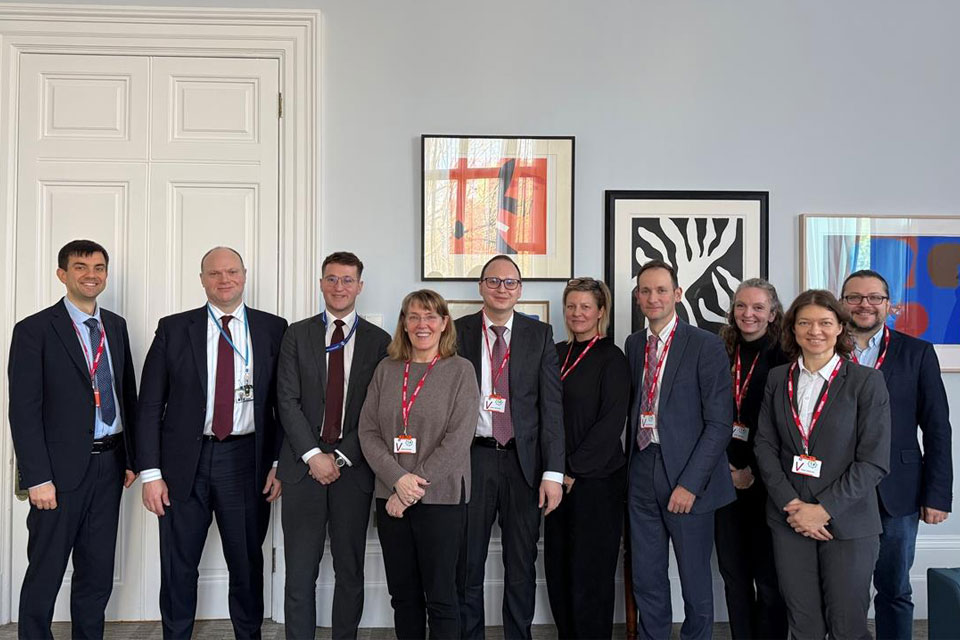
BGS agrees to establish collaboration framework with Ukrainian government
11/12/2025
The partnership will focus on joint research and data exchange opportunities with Ukrainian colleagues.
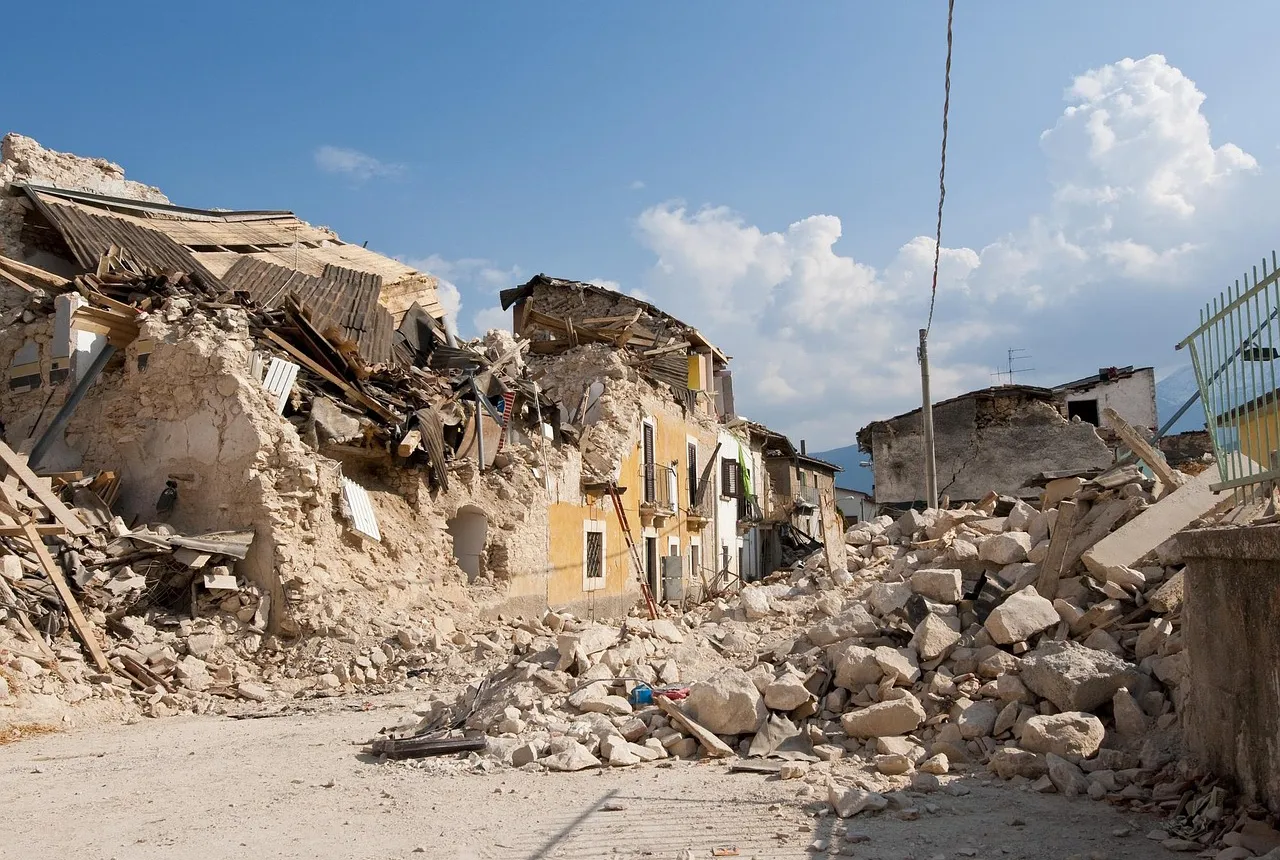
New research shows artificial intelligence earthquake tools forecast aftershock risk in seconds
25/11/2025
Researchers from BGS and the universities of Edinburgh and Padua created the forecasting tools, which were trained on real earthquakes around the world.
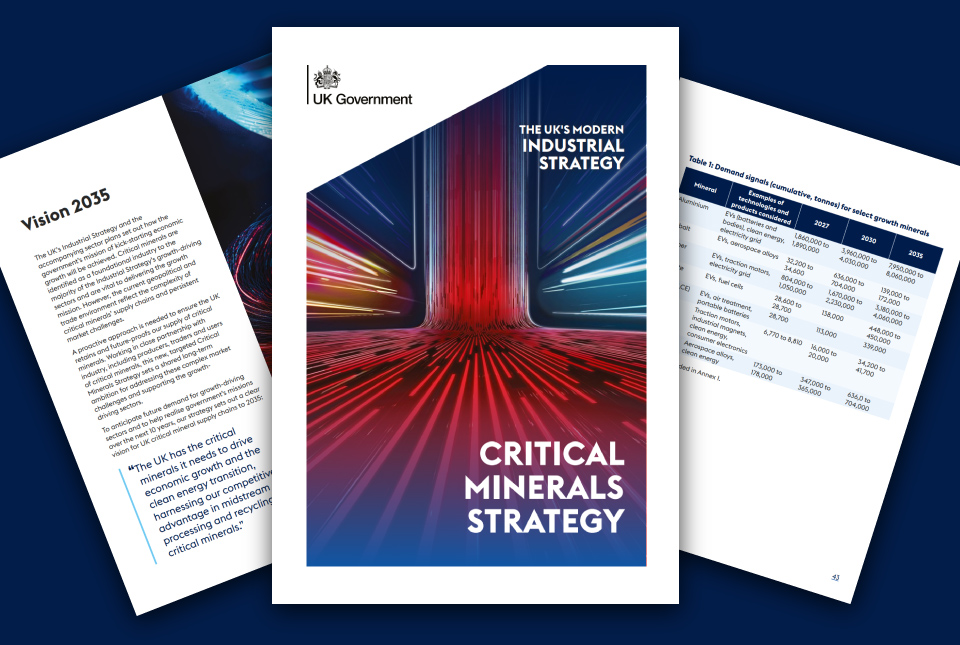
BGS welcomes publication of the UK Critical Minerals Strategy
23/11/2025
A clear strategic vision for the UK is crucial to secure the country’s long-term critical mineral supply chains and drive forward the Government’s economic growth agenda.
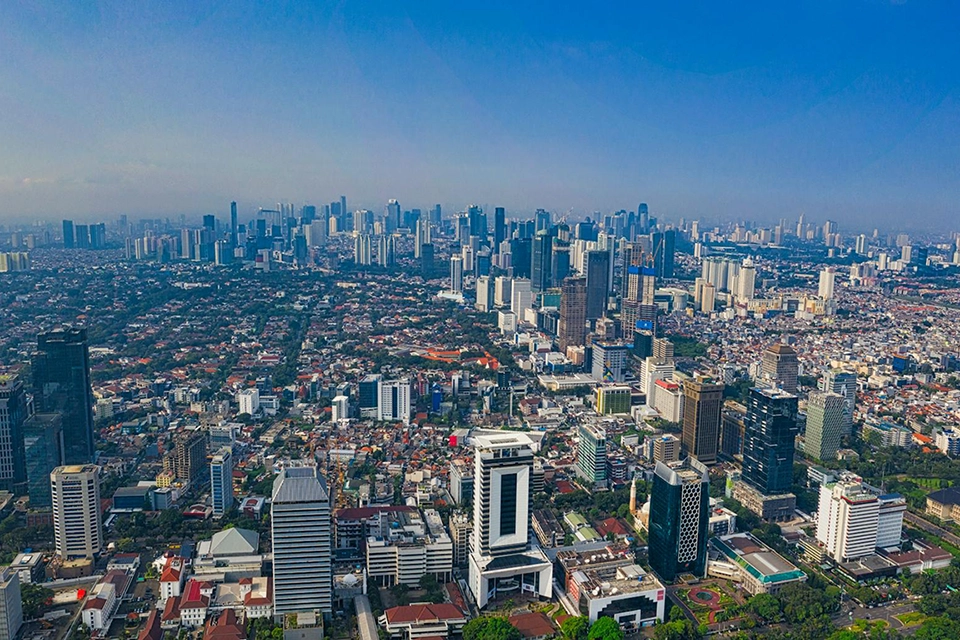
New research highlights significant earthquake potential in Indonesia’s capital city
04/11/2025
Research reveals that a fault cutting through the subsurface of Jakarta could generate a damaging earthquake of high magnitude.
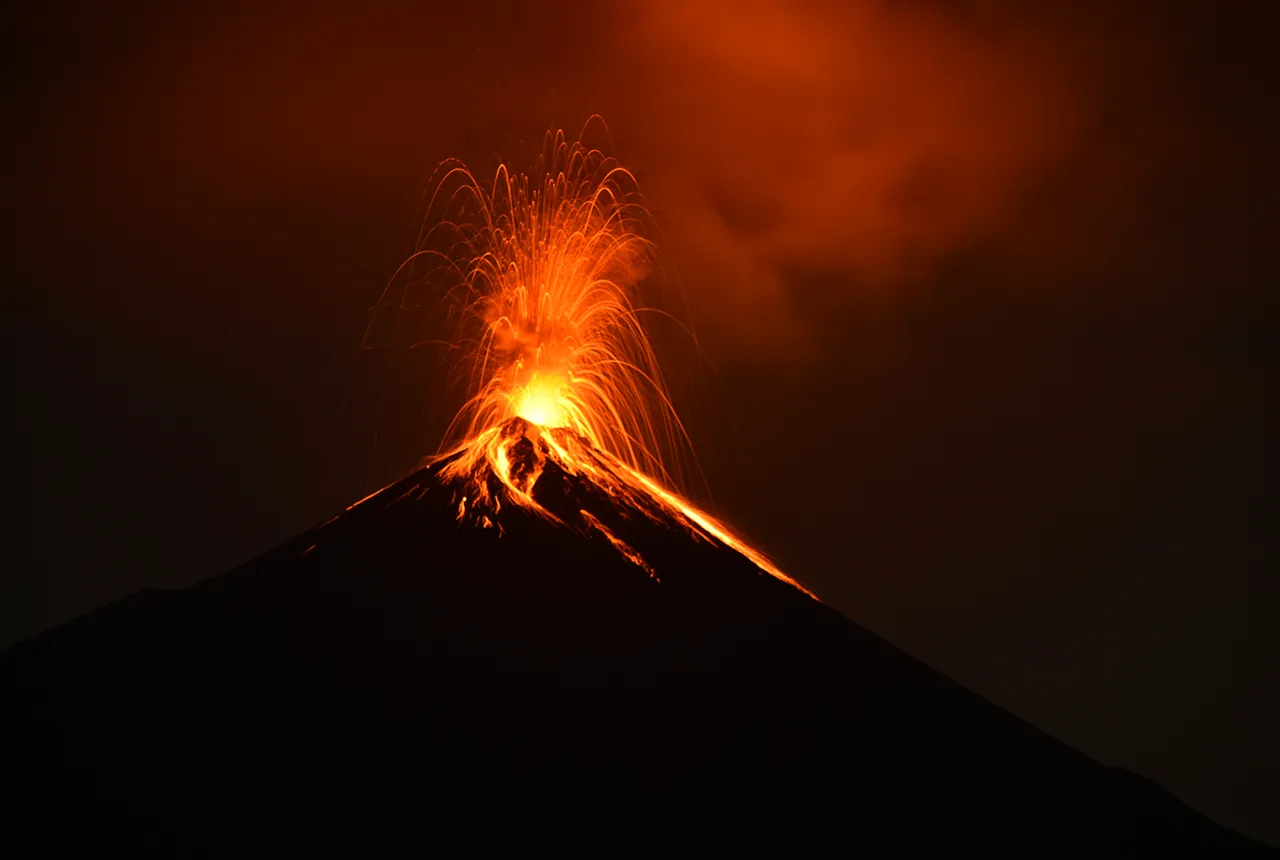
Fieldwork on Volcán de Fuego
13/10/2025
Understanding how one of the world’s most active volcanoes builds up material, and how they collapse to feed hot flows
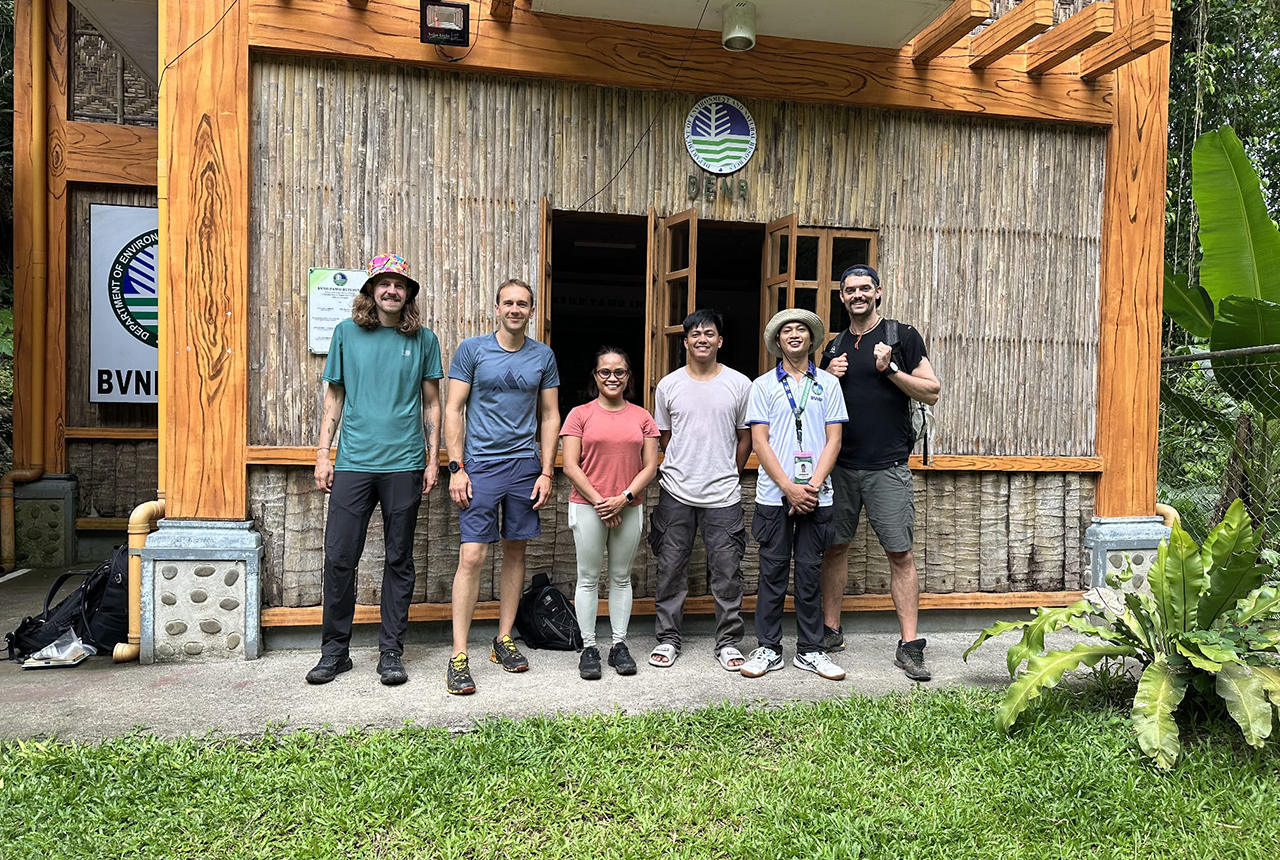
PhD adventures in the Philippines: coring around Lake Bulusan
05/09/2025
Chris Bengt recounts his two-week field trip to Bulusan Volcano Natural Park in the Philippines to collect lake sediment cores, fresh soil and water samples.
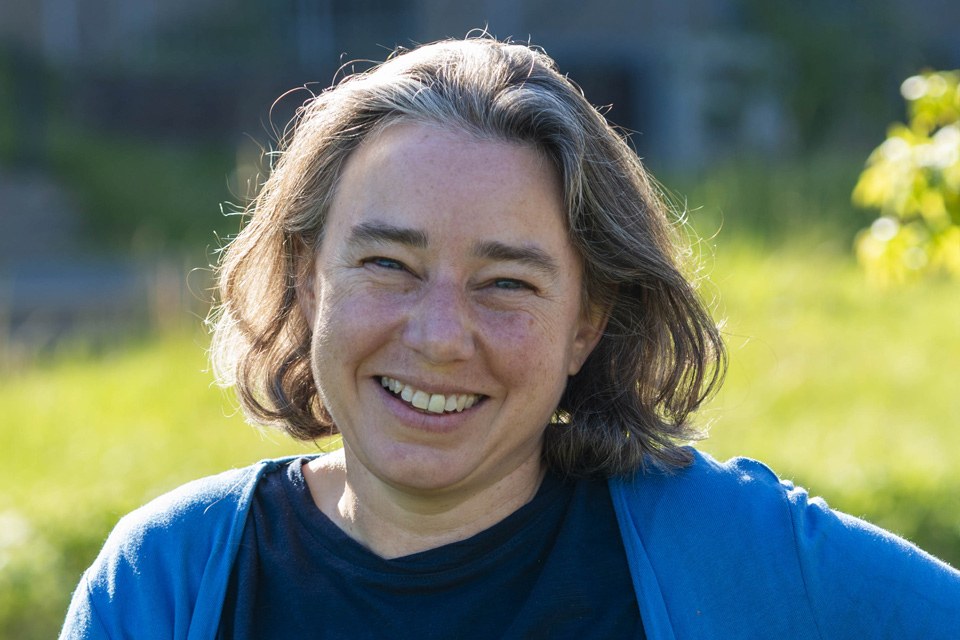
Dr Kathryn Goodenough appointed as honorary professor by the University of Aberdeen
25/08/2025
Dr Goodenough will take up the position within the School of Geosciences with a focus on critical minerals and the energy transition.



